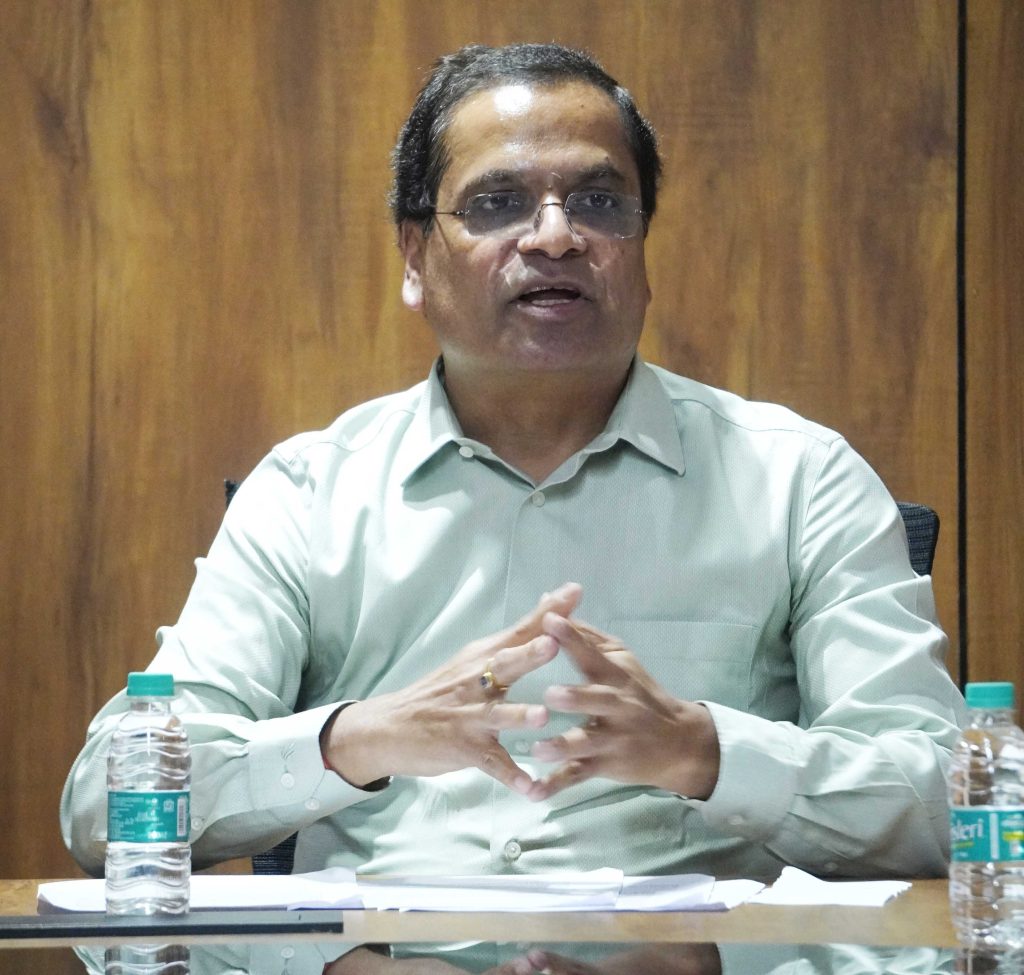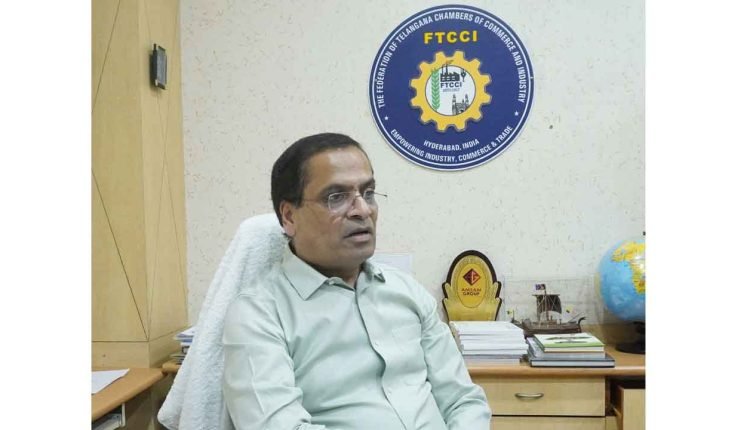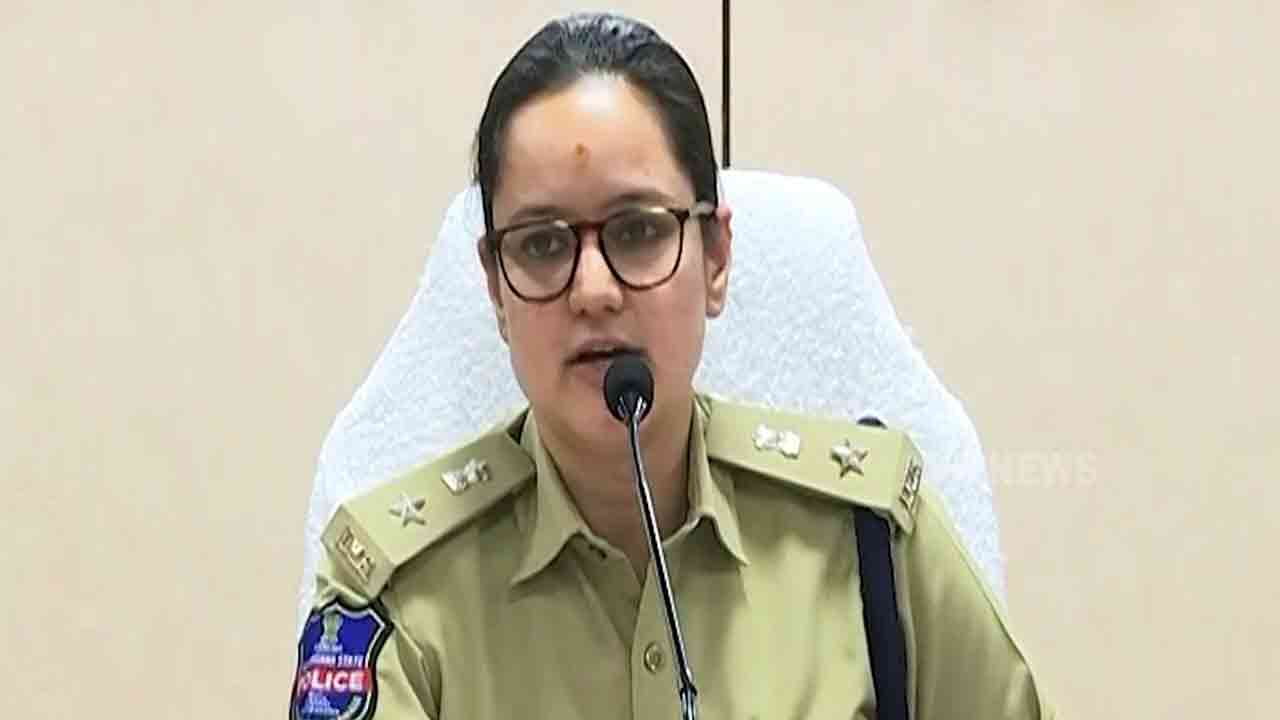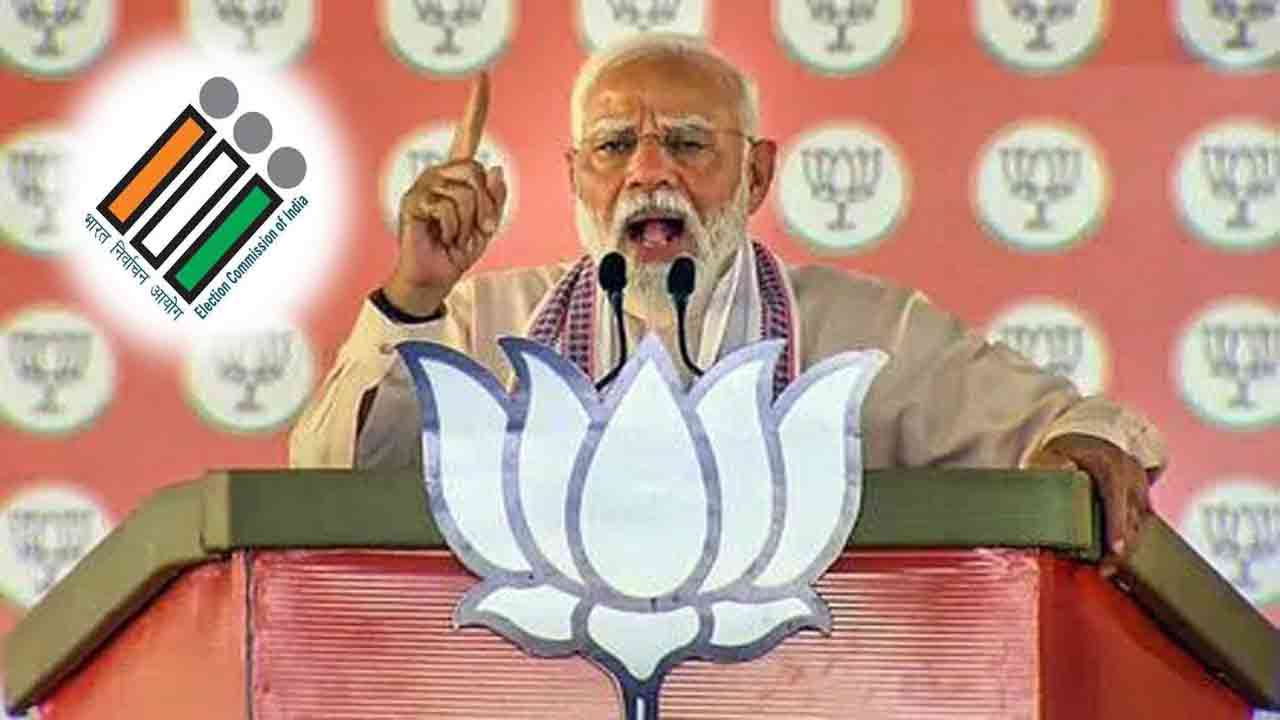Industrial Incentives Industrial Incentives to the extent of Rs 3000 crore are not disbursed since the year 2015
- The premier regional chamber FTCCI wants the TS Government to look into some of the pain points MSMEs are facing in the state
- It wants the Trade Licence Fee system rolled back to the old method. The Trade Licence fee collected now by GHMC is nothing but a ‘Double Taxation
- The skyrocketing land prices are making it nearly impossible for MSMEs to set up industrial units
- The Industrial Units in the state are facing hurdles in the matters of high power costs, delays in getting No Dues Certificates to buy power from Open Access; Additional surcharges, Wheeling Charges, hurdles in solar projects, high property tax on industrial units, etc.
Industrial Incentives | Hyderabad: Telangana is the most progressive state. It is investor friendly. KT Rama Rao is the ‘Brand Ambassador’ for the state. Its infrastructure is one of the best in the country. The TS-iPASS industrial policy is the best in the country. The state has recorded an average Gross State Domestic Product (GSDP) growth rate of 8.6 percent, which is the third highest in the country. The GSDP which was 5.5 lakh crore at the time of bifurcation is now 13.27 lakh crore which is three times, he added.
But, there are some pain points too, which MSMEs are facing in the state, said Mr. Anil Agarwal, President of FTCCI (The Federation of Telangana Chambers of Commerce and Industry) while interacting with media in its office in Red Hills here.
Industrial Incentive – double taxation
Trade License fees, Industrial Property Tax, Cost of Energy, Disbursement of Incentives, etc are some of the paint points, he stated.
Elaborating on Trade License Fee, he said the Trade License fee collected by Municipal Corporations is nothing but double taxation. In both cases, Trade License for establishments and property tax is calculated on the basis of area. FTCCI raised the issue with the competent authorities several times in the past but this is not addressed yet.
The highest trade license fee collected in the past used to be Rs 7000/- Since the year 2020 as per the GO No. 147 MA & UD dt. 22nd September 2020, the Trade License Fee is collected on the basis of the area (per sq ft basis). According to this, the industrial establishments are to pay a minimum rate of license fee between Rs 4/- per sqft to Rs 7/-per sft for built-up areas including manufacturing blocks/QC buildings/sheds/administrative blocks, etc as per the size of the unit whether micro, small, medium or large.
The traders and business establishments are charged Rs 3 to 5 per sq ft depending on road width 30 ft, 40ft, or more than 40ft road.

Industrial Incentives
The said GO was issued in September 2020 but due to the covid, it somehow was not implemented. But, now we have been receiving notices for payment and to the astonishment of all, the sums are substantially high. For instance, a trading unit previously paying Rs 7000 is now forced to pay in lakhs of rupees. Now FTCCI requests the government to scrap GO No. 147 issued in September 2020 and roll back it to the old system.
Many states in India don’t levy trade licenses on industrial establishments to encourage them. Even if some states charge, they charge very nominally. I urge the Government to look into the same and do the needful.
Speaking about the cost of energy, Anil Agarwal said, the power tariff levied on the industries in the Telangana state is one of the highest in the country. Industrial units used to buy power from Power Exchanges through open access, while industrial units used to buy cheap power from the open market. The concept is to allow the customers to choose from a number of competitive power companies, rather than being forced to buy power from the local utility monopoly.
It not only helps industrial & commercial consumers by ensuring regular electricity supply at competitive rates but also enhances the business of power markets. But, since the year 2015, NOCs (No Objection Certificates) have not been issued to new units. In case those, NOCs were issued, additional surcharges imposed on the purchase of power on open access are to the tune of Rs 1.38 paise per unit.
Industrial Incentive introduced
An Industrial Incentive was introduced as a temporary measure to allow recovery of stranded power costs of DISCOMs. Further, the additional surcharge is discouraging industrial units from procuring power from open access.
The Proposed Additional Surcharge: H1 of FY 2022-23 was Rs 4.06/kWh
Approved Additional Surcharge: Rs 1.15/kWh
Proposed Additional Surcharge: H2 of FY 2022-23—Ra 6.81/Kwh
Approved Additional Surcharge: Rs 1.38/kWh
Proposed Additional Surcharge: H1of 2023-24—Ra 9.86/Kwh
Further, recently wheeling charges are being levied. Another big difficulty faced is Open Access consumers in Telangana need to bear wheeling and it is collected upfront. All other states are charging on a unit basis.
Because of this, the industrial units are unable to avail of open access power to get the power at an affordable price and reduce the operational cost putting a financial burden on the units.
Net metering for solar power in the same premises is allowed up to 1 MW only. To promote Renewable energy and reduce the cost of doing business we request the Government to allow net metering up to 5MW. Further to develop solar power we request the Government to allow the Wheeling of solar power for captive use or for third-party sale.
The industrial property tax increase is also very high in Gram Panchayats and the cost of running industrial units is becoming prohibitively high, particularly for MSMEs.
Industrial Incentives paid
Industrial Incentives have not been paid since the year 2015. Incentives to the extent of Rs 3000 crore are to be paid in arrears. Though sufficient budget allocations are made in budgets year after year, they are not disbursed. Even in the latest budget nearly Rs 3000 crore is allocated for the same.
The land costs MSMEs need to invest in are skyrocketing. They are not affordable even in clusters created by the government. The cost of land has gone up so high, it has become a very challenging task for MSMEs said Mr. Anil Agarwal.
Next Story :
Now you can get the latest stories from Indtoday on Telegram every day. Click the link to subscribe. Click to follow Indtoday’s Facebook page and Twitter and Instagram. For all the latest Hyderabad News updates




